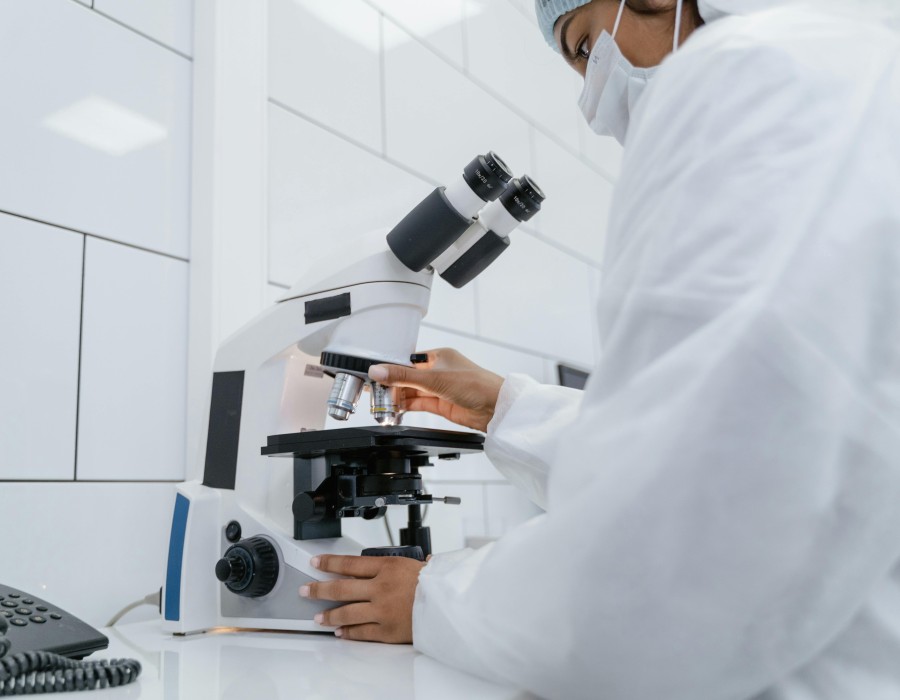Genetic testing plays a crucial role in cancer diagnosis because it helps identify inherited mutations that increase an individual’s risk of developing certain types of cancer. These mutations, passed down through families, can lead to a predisposition for cancers like breast, ovarian, colon, and prostate cancer. Genetic tests examine an individual’s DNA to detect specific changes or mutations in genes that may indicate a higher cancer risk.
For example, mutations in the **BRCA1** and **BRCA2** genes significantly increase the risk of breast and ovarian cancer. Similarly, changes in the **MLH1** and **MSH2** genes are linked to hereditary colorectal cancer. By identifying these mutations early, genetic testing allows for proactive measures such as enhanced screening, preventive surgeries, or medications to reduce cancer risk. In some cases, genetic testing also informs treatment decisions, guiding oncologists in choosing targeted therapies that are more effective based on the genetic makeup of the tumor.
Additionally, genetic testing is important for family members. If one person tests positive for a hereditary cancer mutation, close relatives may also benefit from testing to assess their risk and take preventive actions.
MyCareLabs (www.mycarelab.com) plays a leading role in offering comprehensive genetic testing for cancer diagnosis. By providing cutting-edge diagnostic services, MyCareLabs helps patients and healthcare providers make informed decisions about cancer prevention, screening, and treatment. MyCareLabs utilizes the latest genetic testing technologies to deliver accurate and timely results, supporting early intervention and personalized care. Their expert team ensures that patients receive thorough genetic counseling and follow-up support, helping them navigate their cancer risk and take control of their health with confidence.





Comments